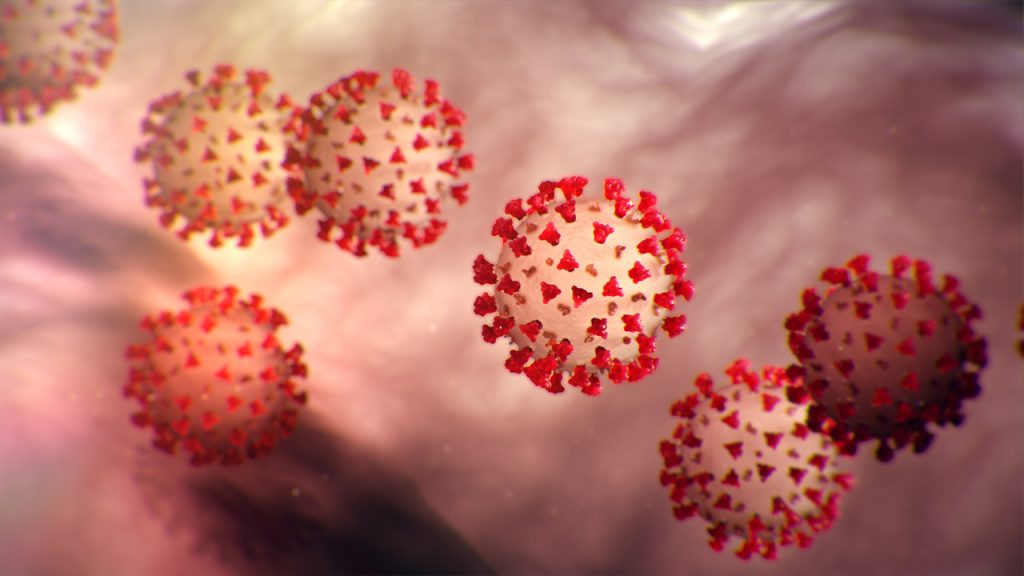[UPDATED] Most covid19 patients won’t need hospitalisation

The World Health Organization (WHO) is still searching for a cure for covid19, which has exploded globally, and there is not much to offer by way of medicine to treat the virus. The most of those affected with covid can be given is supportive care. So said Dr Malachy Ojuro, medical chief of staff at the Eric Williams Medical Sciences Complex, Mt Hope.
“If they are dehydrated, we give them drips. If they can’t breathe, we give them oxygen. If they get worse, we take over their breathing for them and put them in a (respiratory) machine.
“This kind of support is given until the virus runs its course. That is the most we can do for them until they recover and their immune system kicks in and they get better.” Ojuro said the severity and length of time the illness lasts would depend on one’s immune system and how it responds.
“If your immunity is stronger, you will have less illness than those who don’t have strong immunity. That is why the virus is much worse on the elderly or those who have pre-existing conditions, because they have compromised immunity, therefore they get sicker.”
Those with underlying medical problems such as high blood pressure, heart problems or diabetes are more likely to develop serious illness. Asked if someone with covid19 can successfully treat themselves at home, Ojuro explained most cases were not severe enough to need hospitalisation.
“If we have 100 people with this virus, one of them will not know they have it, or have a mild disease, and won’t need hospitalisation. That is the statistic we have so far. “Only 19 of them would be sick enough to seek hospitalisation, and only about five would require serious care like ICU (Intensive Care Unit).
“So far, from what we know, most people would not be sick enough to require hospital care.” Antibiotics will not work against covid19 because antibiotics do not work against viruses, only on bacterial infections. Covid19 is caused by a virus. Antibiotics should not be used as a means of prevention or treatment of covid19. Possible vaccines and some specific drug treatments are under investigation and are being tested through clinical trials. WHO is co-ordinating efforts to develop vaccines and medicines to prevent and treat covid19.
MEASURES AGAINST COVID19
The most effective measures against covid19 are to frequently wash your hands, cover your cough with the bend of your elbow or tissue, and stay at least a metre (three feet) from people who are coughing or sneezing.
This story was originally published with the title "Covid19 patients to receive supportive care" and has been adjusted to include additional details. See original post below.
Drips, oxygen and for the more severely affected, being placed on a respiratory machine are the only treatments available to patients with covid19.
The most of those who affected with covid19 can be given is supportive care, according to Dr Malachy Ojuro, medical chief of staff at the Eric Williams Medical Sciences Complex, Mt Hope.
"If they are dehydrated, we give them drips. If they can't breathe, we give them oxygen. If they get worse we take over their breathing for them and put them in a (respiratory) machine. This kind of support is given until the virus runs its course.
"That is the most we can do for them until they recover and their immune system kicks in and they get better."
Ojuro said the severity and length of time the illness lasts depends on one's immune system and how it responds.
The World Health Organisation (WHO) is searching for a cure for covid19, which has exploded globally, and there is not yet much to offer by way of medicine to treat the virus.
It has advised against the use of antibiotics to treat the virus, as antibiotics only work against bacterial infections.

Comments
"[UPDATED] Most covid19 patients won’t need hospitalisation"